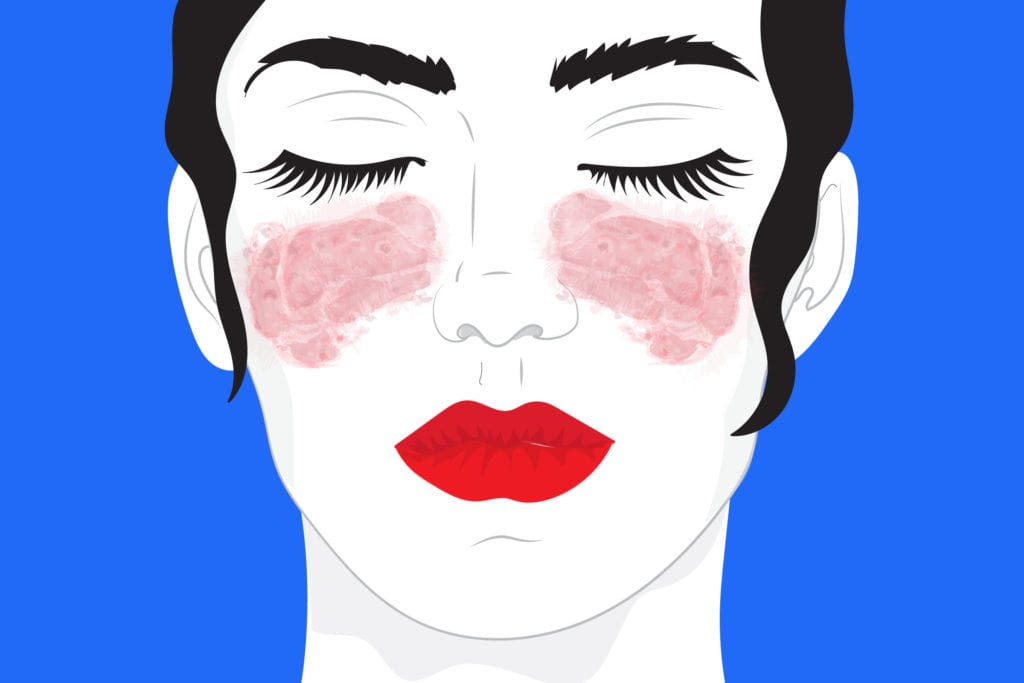

Lupus, a chronic autoimmune illness, is often treated with a combination of medications. While the current options do a solid job — most patients diagnosed today can expect to have a normal lifespan — experts are continuing to search for better ways to control the disease. As part of those efforts, experts at the National Institute of Arthritis and Musculoskeletal Diseases recently completed a study on omalizumab (Xolair), a drug that’s best known for treating asthma.
Asthma and allergies often go hand in hand. When you’re exposed to a bothersome allergen your body produces antibodies to it called IgE. Omalizumab controls inflammation by binding to IgE antibodies in the bloodstream, which, in turn, blocks your body from overreacting. That means less coughing, wheezing, and congestion. The same mechanism can also prevent hives. (Omalizumab is also approved for chronic hives that don’t respond to antihistamines like Benadryl.)
So, might omalizumab also help tame inflammation in lupus patients? Researchers led by Sarfaraz Hasni, MD, thought it was possible because earlier (animal) studies have found that the same IgE antibodies that cause allergy symptoms play a role in worsening inflammation in lupus. Their study, published in the journal Arthritis and Rheumatology, suggests that omalizumab might be worthwhile add-on therapy for patients with lupus.
The researchers theorized that this drug might improve disease activity by blocking IgE antibodies and, in turn, interfering with the production of a protein (type 1 interferon) that can trigger an overactive immune response in people with lupus.
According to the study findings, people who took omalizumab (instead of a placebo) had better disease activity scores after 16 weeks. The drug seemed to be well-tolerated, with minimal side effects, but one person did end up with a pulmonary embolism. Researchers don’t know if this adverse event was related to the drug itself or the fact that lupus patients are at higher risk for blood clots in general.
Although this was a randomized, placebo-controlled trial, it only involved 15 patients with lupus, so larger studies will be needed to confirm that omalizumab is safe and effective.





